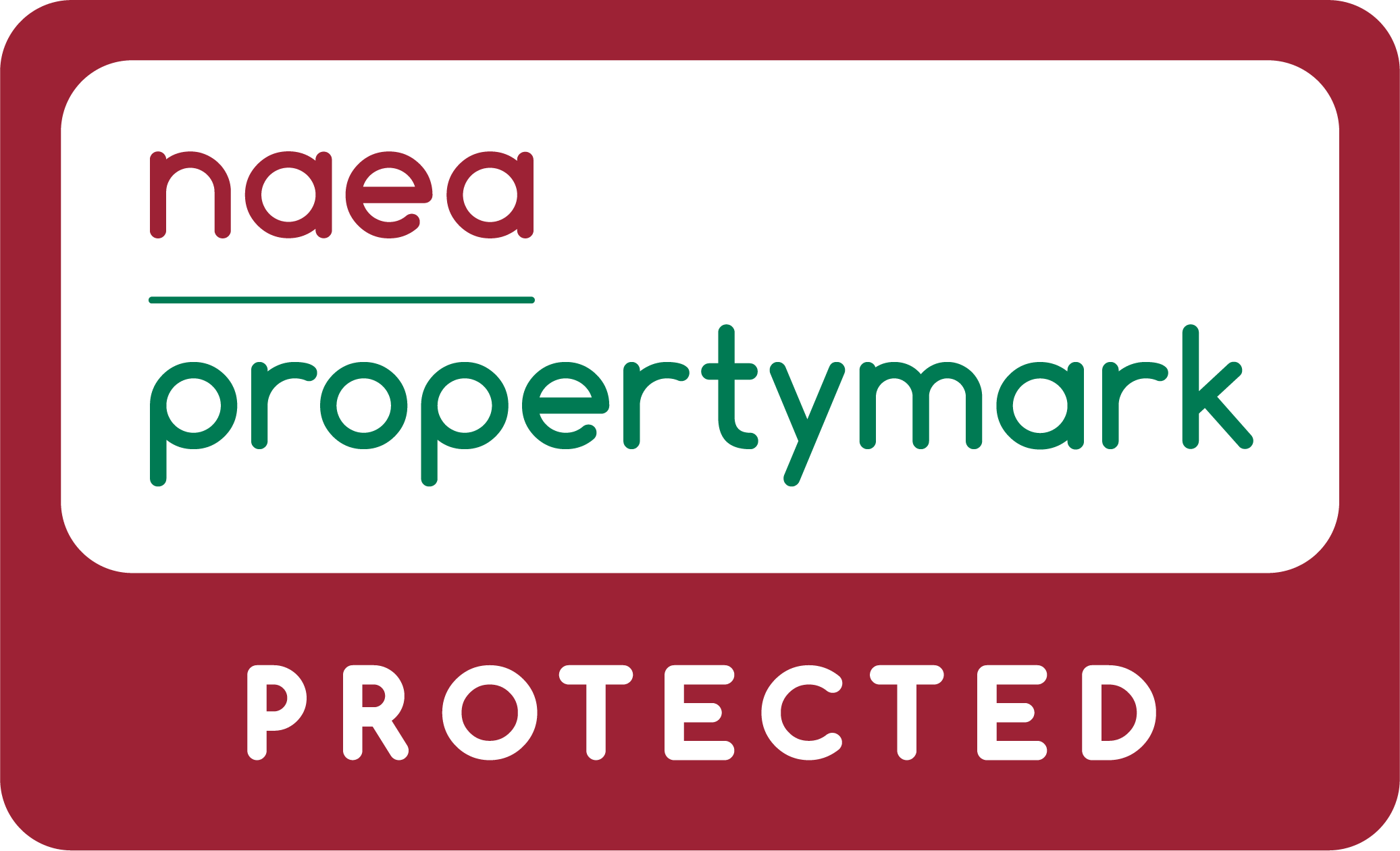Renters’ Rights Act: The Renters’ Rights Bill is law
The Renters’ Rights Bill officially became law yesterday afternoon (27th October 2025) after receiving Royal Assent from King Charles, following a parliamentary announcement.
Nearly two years have passed since Michael Gove first proposed a major reform of the private rental sector—an effort that collapsed amid the turmoil at the end of Rishi Sunak’s administration.
Labour’s version of the legislation, which closely mirrors Gove’s original proposal, has moved swiftly through Parliament thanks to the party’s large majority.
The Bill was formally presented in the House of Lords, with Members of Parliament in attendance. Now the Bill is law, the Government will need to update secondary legislation and make corresponding changes to existing regulations.
Prime Minister Sir Kier Starmer said “Every family deserves the dignity of a safe and secure home. For too long, millions of renters have lived at the mercy of rogue landlords or insecure contracts, with their futures hanging in the balance. We’re putting an end to that.
“A secure home isn’t just bricks and mortar – it’s the foundation for opportunity, safety, and a better life. No child should grow up without one.”
And Housing Secretary Steve Reed added “Our historic Act marks the biggest leap forward in renters’ rights in a generation. We are finally ending the injustice overseen by previous governments that has left millions living in fear of losing their homes.
“For decades, the scales have been tipped against tenants. Now, we’re levelling the playing field between renters and landlords. We are tearing down the walls of injustice in the private rented sector and building a future where tenants are protected, respected and empowered.
“This is an historic moment for renters across the country and we’re proud to deliver it.”
The Renters' Rights Act has 12 key measures:
- End Section 21 evictions and replace current tenancy rules with a simpler system where all assured tenancies automatically renew on a rolling (periodic) basis.
- Balance possession rules so that tenants have stronger security while still allowing landlords to reclaim their properties when it is reasonable to do so.
- Prevent “backdoor” evictions by allowing tenants to challenge rent increases that are clearly above market rates and designed to push them out.
- Establish a Private Rented Sector Ombudsman to deliver fast, fair, and binding resolutions to tenant complaints about landlords.
- Create a national landlord database to help landlords stay compliant and demonstrate good practice, while giving tenants access to reliable information before signing a tenancy.
- Enhance tenants’ rights to keep pets, requiring landlords to consider requests reasonably. Landlords may ask tenants to take out pet insurance to cover any potential damage.
- Extend the Decent Homes Standard to private rentals, ensuring safer, higher-quality housing and tackling poor living conditions in communities.
- Apply Awaab’s Law to private rentals, setting clear deadlines for landlords to fix serious health and safety hazards in their properties.
- Ban discrimination against tenants who receive benefits or have children, ensuring fair access to housing for all applicants.
- Outlaw rent bidding, making it illegal for landlords or agents to request or accept offers above the listed rent price.
- Boost local council enforcement powers by widening penalty options, giving new investigative tools, and requiring councils to report on their enforcement work.
- Toughen rent repayment orders by including higher-level landlords, doubling maximum fines, and mandating full repayment for repeat offenders.
Have any more questions about the Renters' Rights Act and how it affects you? Call us on 0161 511 5339 or complete the contact form.






